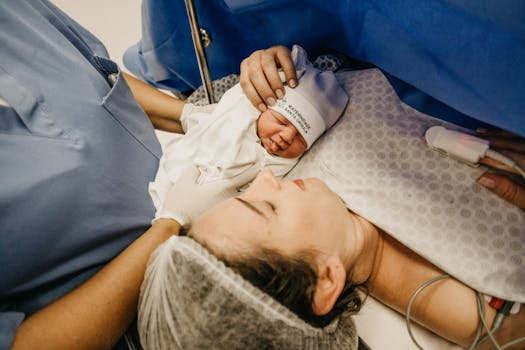You can do a degree in adult nursing approved by the Nursing and Midwifery Council. You might be able to study another area of nursing alongside adult nursing.
You might be able to get additional student financial support through the NHS Learning Support Fund.
You might be able to join the second year of a nursing degree if you already have a degree in:
- a health-related subject
- psychology
- life sciences
- social work
Full-time courses usually take 3 years.
Armed forces
You can also train to be a nurse in the armed forces. You can find more information at:
Entry requirements
You'll usually need:
- 4 or 5 GCSEs at grades 9 to 4 (A* to C), or equivalent, including English, maths and science
- 2 or 3 A levels, including a science, or a level 3 diploma or access to higher education in health, science or nursing




